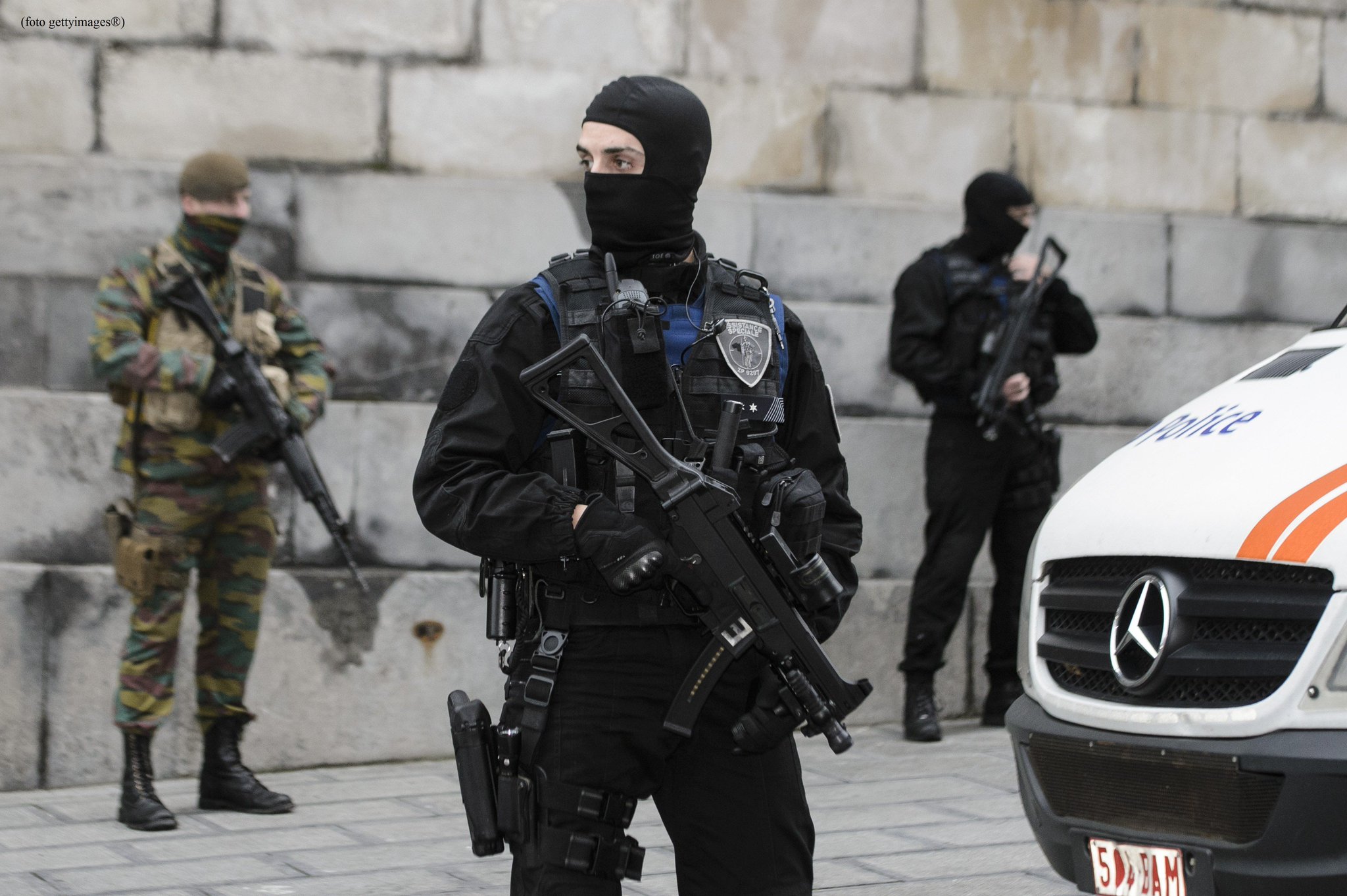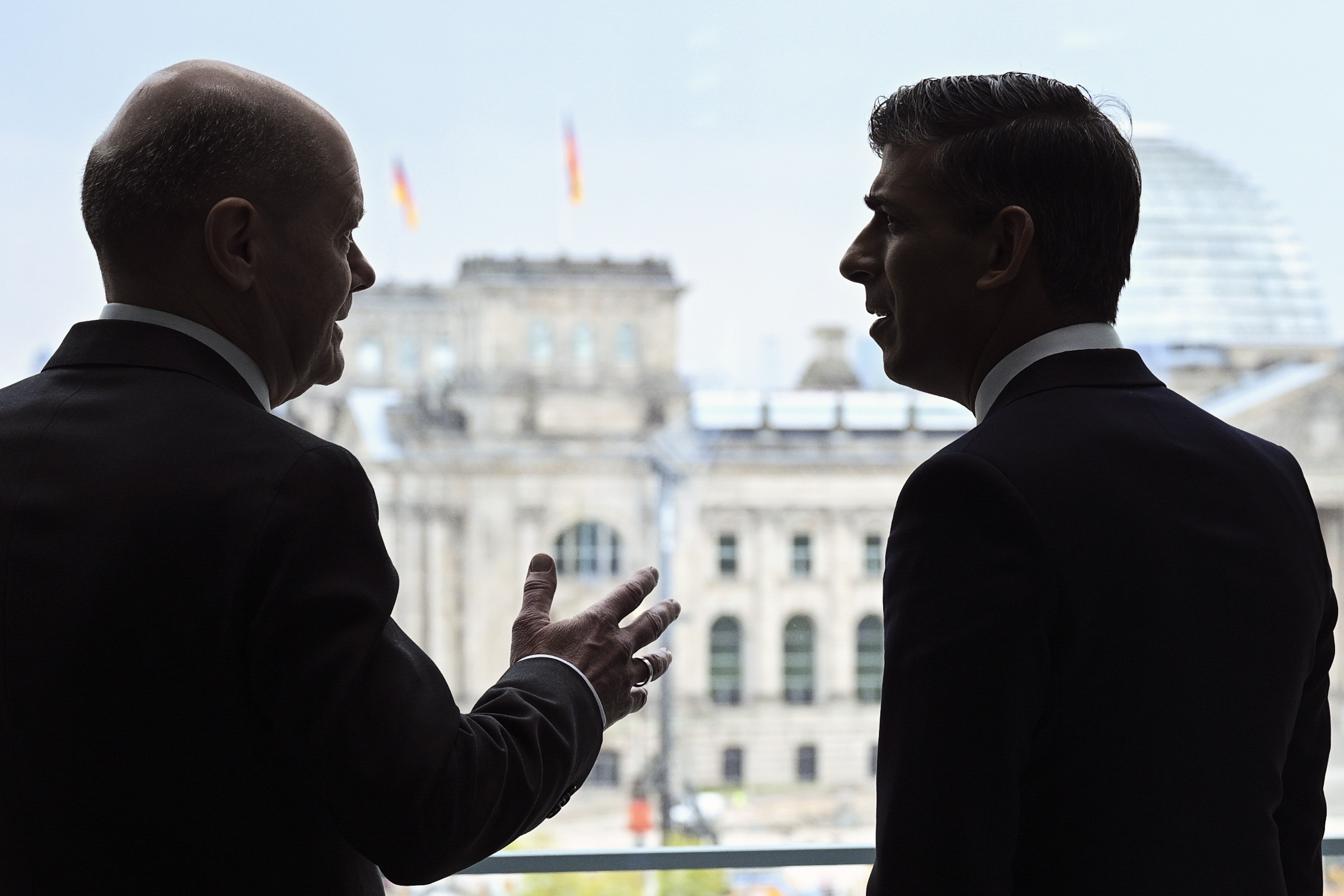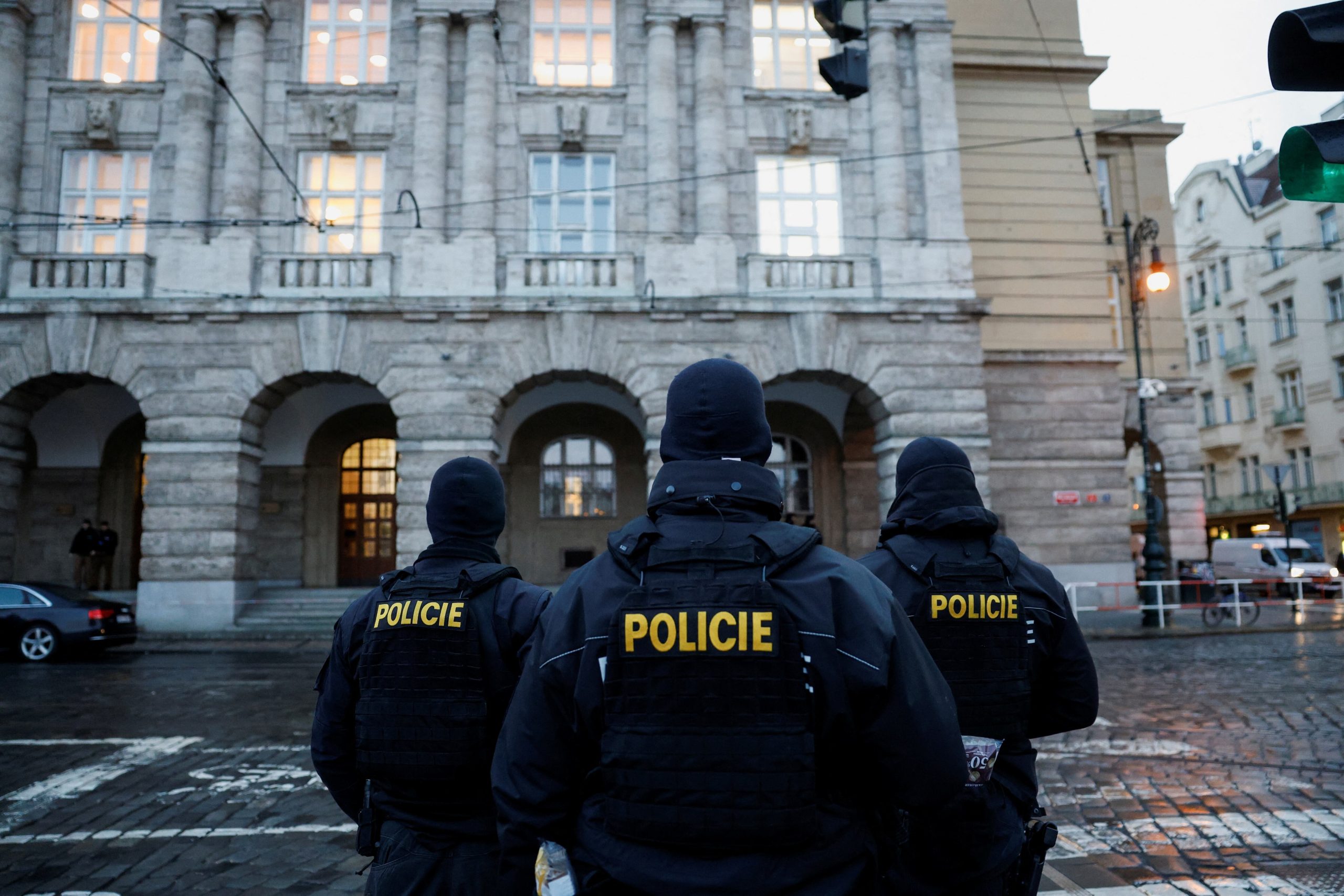European Centre for Counterterrorism and Intelligence Studies, Germany & Netherlands – ECCI
Immediate security costs
mena-studies – Internal security has been a massive challenge for Europe for years, which the states and the EU are paying a lot for. The EU alone has spent more than EUR 6 billion on security research since 2007, with the focus being on Framework Program 7 (FP7), in which a total of EUR 1.4 billion was invested between 2007 and 2013.
During the G20 summit in Hamburg in July 2017, it became clear that extremist trends and ideologies can be expensive for taxpayers. A total of €32 million was estimated for the security measures, mainly personnel costs for the massive police operation. Nevertheless, there were violent riots by left-wing extremists, which caused damage of at least €12 million. Additional costs were also incurred as a result of accompanying measures: Germany, for example, temporarily reintroduced border controls in the context of the G20 summit in Hamburg in June and July 2017, and a total of more than 600,000 travelers were checked within a month.
German politicians have invested more and more in the fight against extremism in recent years: since 2017, the federal government has further increased the budget to more than €100 million, €35 million has been budgeted for right-wing extremism, €15 million for Islamism and €15 million for left-wing extremism 5.3 million and against anti-Semitism € 8.3 million. Other projects are directed against Sinti-Roma hostility (€ 3.7 million), racism (€ 3.2 million), anti-Muslim hostility (€ 5 .5m) and LGBTQ+ hostility (€3.4m).
Consequential costs of terrorism
While Germany focuses primarily on political extremism, the ongoing threat of terrorism is causing horrendous costs in France and Great Britain. The British government spends around £3bn a year on fighting terrorism, of which between £40m and £46m goes on the „Prevent“ programme, which aims to combat and prevent extremism. The total market for counter-terrorism and prevention in Europe will increase to up to €124 billion in 2022.
The costs of terrorist attacks can often only be measured indirectly and are closely related to the political consequences. For example, US researchers estimate the consequential costs of 9/11 at USD 3.3 trillion, including the direct damage caused by the attack (USD 55 billion), the consequences for the US economy (USD 123 billion), the Department of Homeland Security listing ($589 billion) and the cost of the wars in Afghanistan and Iraq ($2.5 trillion).
Financing of extremist groups
In November 2015, the British government commissioned a study to examine the international funding of Islamist groups. The results were presented to the government in July 2017, but the government has so far refused publication for security reasons.
A central part of financing Islamist groups is the certification of halal food. Experts estimate that 60% of the halal food market in France is controlled by organizations close to the Islamist Muslim Brotherhood. In 2010, this market was estimated at a total of €5.5 billion and has continued to grow strongly since then.
By automatically linking extremist videos on YouTube and other channels with advertisements, even large companies unknowingly contribute to extremism financing. For example, a propaganda video by the Islamic State on YouTube, in which an advertising video for the new Mercedes E-Class is embedded, was clicked more than 100,000 times. “Sandals Resort”, a provider of luxury vacations, advertises on a video by Al-Shabaab, a Somali terrorist militia. Honda, Thomson Reuters, Halifax, the Victoria & Albert Museum and the University of Liverpool advertised on far-right channels before some of these videos were removed by Google. It is estimated that Islamist and far-right hate preachers and extremists have earned more than USD 318,000 through their YouTube channels in this way. In the meantime, numerous brand companies have reacted to the problem and massively restricted their advertising campaigns on Google and YouTube. Affected companies include Audi, Honda, Marks & Spencer, McDonald’s, Toyota, Volkswagen, General Motors, Nestlé and Starbucks. Due to the noticeable slump in the advertising market, Google has therefore announced that it will take more action against extremist content on its pages.
Promoting Islamism with tax money
Numerous Islamist organizations present themselves to the public as moderate and are involved in alleged integration projects. However, the taxpayer money with which these clubs and companies are funded often disappears into the pockets of hate preachers, Salafists or terrorist organizations. For example, the Turkish Islamist organization Milli Görüs, which is being monitored by the German Office for the Protection of the Constitution, received more than €100,000 from the German government. The Muslim Council of Britain, which is close to the Muslim Brotherhood, received a £116,000 grant from the British government. Among the beneficiaries in several EU countries is the NGO Islamic Relief, which Israel has banned because of its close ties to Hamas. The EU Commission, which also supports the Hamas-affiliated University of Gaza, has long been one of the financiers of Islamic Relief. The largest recipients of funding also included initiatives such as the European Network Against Racism (ENAR), which is officially committed to combating racism but is in fact exploited by the Muslim Brotherhood – at the expense of European taxpayers.
Conclusion
Political extremism – whether radical left, radical right or Islamist – causes high costs for the affected economies. In addition to the direct damage, these are above all increased expenditure for security measures and prevention programs as well as the consequential costs of terrorist violence. In addition, extremist groups use existing gaps in the European legal systems to finance themselves and thus also to damage taxpayers financially. In the future, the European economies could be increasingly structurally affected by the increasing influence of radical groups. Increasing political polarization creates political instability, which in turn affects investment decisions and thus economic growth and the labor market. A deterioration in the economic situation in turn strengthens extremist forces – an experience that Europe had to make as early as the 1930s.




